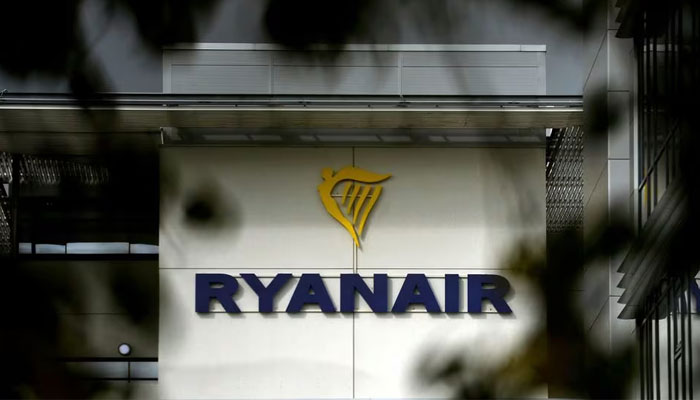Ryanair may cut summer flights amid further Boeing delays
Ryanair was due to receive 57 Boeing MAX 8200 planes by end-April
February 26, 2024

Ryanair CEO Michael O'Leary has announced that the budget carrier will receive fewer Boeing aircraft by the end of June than anticipated, potentially leading to a cut in its summer schedule.
This comes as the first European airline to warn of disruption due to Boeing's ongoing crisis, which has been banned from increasing 737 MAX production since the January 5 mid-air panel blowout, Reuters reported.
Ryanair was due to receive 57 Boeing MAX 8200 planes by end-April, but just over a week ago Boeing told the airline it would receive around 50 aircraft by end-June, O'Leary said. That could now change.
"We don't really know how many aircraft we're going to get from Boeing," O'Leary said at a media briefing. "We're pretty sure we're going to get 30 to 40. We're reasonably confident we're between 40 and 45. And now we are far less confident we're going to get between 45 and 50."
In a statement, Boeing confirmed that it has told some airlines that deliveries could be delayed as the company ensures planes meet all regulatory standards before being handed over to customers.
"We deeply regret the impact this is having on our valued customer Ryanair," Boeing said. "We're working to address their concerns and taking action on a comprehensive plan to strengthen 737 quality and delivery performance.”
The delayed deliveries mean Ryanair might have to remove some flights from its summer schedule, O'Leary said, cutting capacity for what is expected to be a record summer of travel.
"If we only get 40, by the end of March we will have to announce some minor schedule cuts," he said.
That means Ryanair is likely to carry only 200 million passengers for the financial year beginning in April, versus the 205 million previously forecast.
Further capacity constraints could make the carrier, known for its low ticket prices to summer hotspots like Malaga and Sicily, less competitive against low-cost rivals like easyJet.
Ryanair's stock has risen by a quarter over the past two years, making it the best-performing European airline as the industry benefits from a travel boom after COVID pandemic lockdowns.











